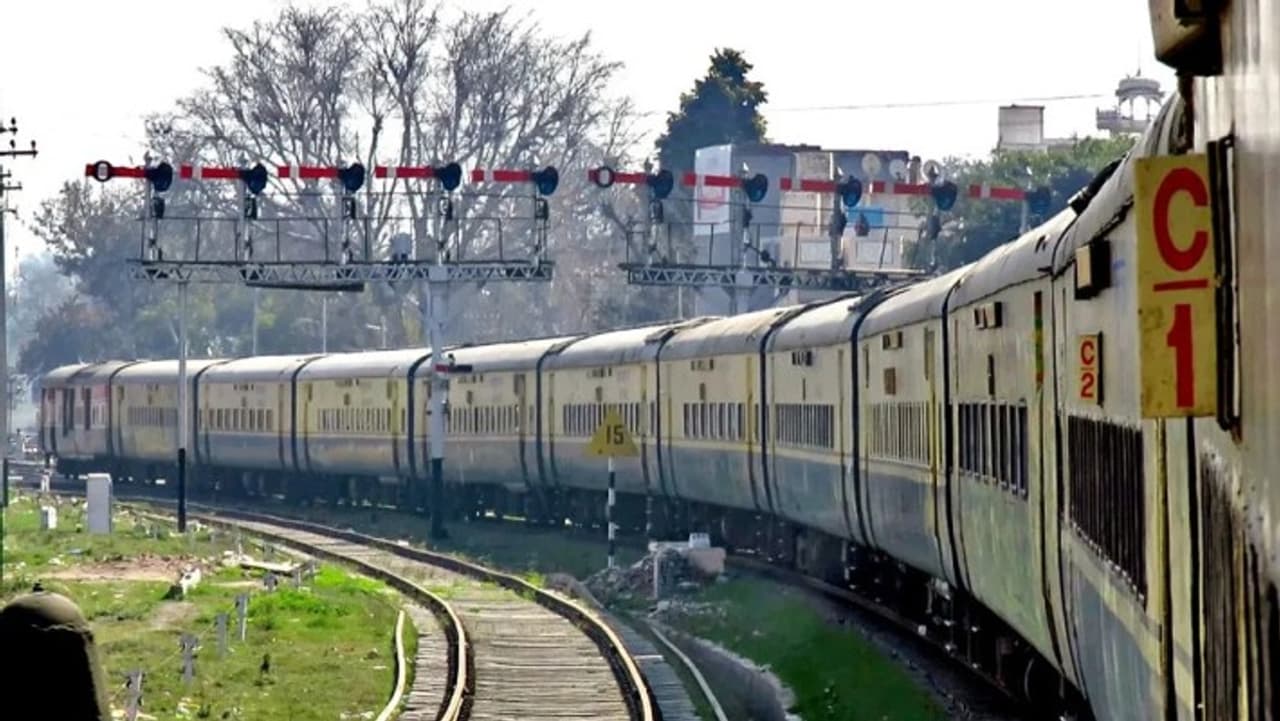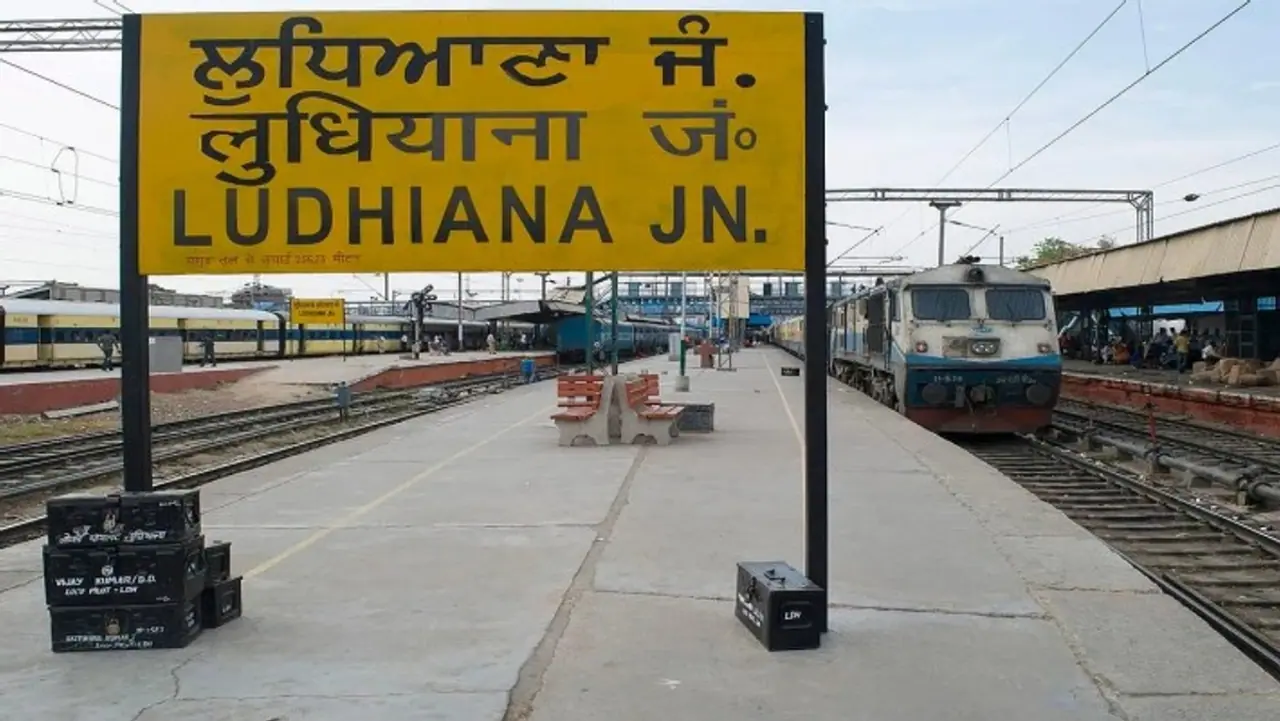Learn how Sampuran Singh, a farmer from Ludhiana, Punjab, became the only person in the country to temporarily own an entire train, the Amritsar Swarna Shatabdi Express.
Legally, no individual in India can buy a train or run their own train on Indian Railway tracks. However, the case of 45-year-old Sampuran Singh from Punjab surprised the entire nation. Sampuran Singh is a resident of Katana village in Ludhiana. This incident happened in 2007 when the Railways acquired land from several farmers, including Sampuran Singh, to construct the Ludhiana-Chandigarh railway line.
Who is Sampuran Singh?
Sampuran Singh is an ordinary farmer from Katana village in Ludhiana district of Punjab. In 2017, Sampuran Singh found himself as the owner of the Delhi-Amritsar Swarn Shatabdi Express. This was not a fraud, but happened through a legal process. Let's read more about it.

How did the incident begin?
In 2007, the Railways acquired land from farmers, including Sampuran Singh, for the construction of the Ludhiana-Chandigarh railway line. The Railways compensated them at the rate of Rs 25 lakh per acre for their land. Everything was going smoothly, but the matter escalated when Sampuran Singh found out that the Railways had compensated at the rate of Rs 71 lakh per acre for land in a nearby village.
Case in court and seizure of the train
Sampuran Singh approached the court against this double standard of the Railways. After hearing the case, the court ordered the Railways to pay compensation at the rate of Rs 50 lakh per acre, which was later increased to Rs 1.47 crore. But the Railways paid only Rs 42 lakh and failed to pay the remaining Rs 1.05 crore. Therefore, in 2017, District and Sessions Judge Jaspal Verma ordered the attachment of the train at Ludhiana station. After this, Sampuran Singh went to the station and temporarily became the legal owner of the train.

What is the current status?
However, the train was released on court orders shortly after. This unique case is still under consideration in the court and has been recorded as a unique incident in the history of Indian Railways. This incident proves that justice can be achieved by striving to protect one's rights in the right way in the legal system.
